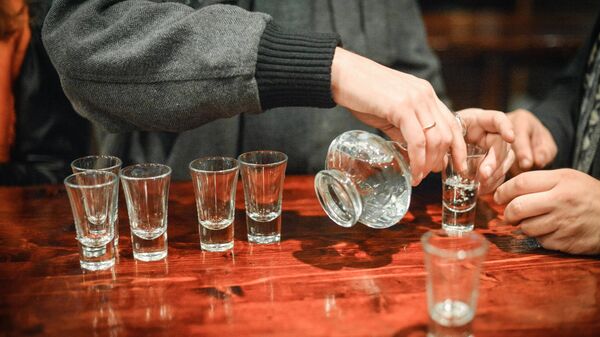The next day, participants were asked to complete the same task. Shockingly enough, those that got tipsy the day before were the ones that remembered more of the information.
"Our research not only showed that those who drank alcohol did better when repeating the word-learning task, but that this effect was stronger among those who drank more," Professor Celia Morgan, the leading researcher, noted.
So how exactly does this phenomenon work?
"The theory is that the hippocampus — the brain area really important in memory — switches to 'consolidating' memories, transferring from short into longer-term memory," explained Morgan.
While most research does suggest alcohol blocks the formation of new memories, which in most cases is true, the authors of the new study say by drinking much smaller amounts, it has the opposite effect.
"The causes of this effect are not fully understood, but the leading explanation is that alcohol blocks the learning of new information and therefore the brain has more resources available to lay down other recently learned information into long-term memory," Morgan told the Medical Xpress.
This time, there was no significant difference between those who ditched the drink and others who didn't.
However, despite their positive findings, researchers at the University of Exeter say their study, published in Scientific Reports, should not overshadow the harmful consequences that come along with overindulging in alcohol.
Though not the first of its kind, this study was the first instance in which the experiment was conducted outside of a laboratory setting.



